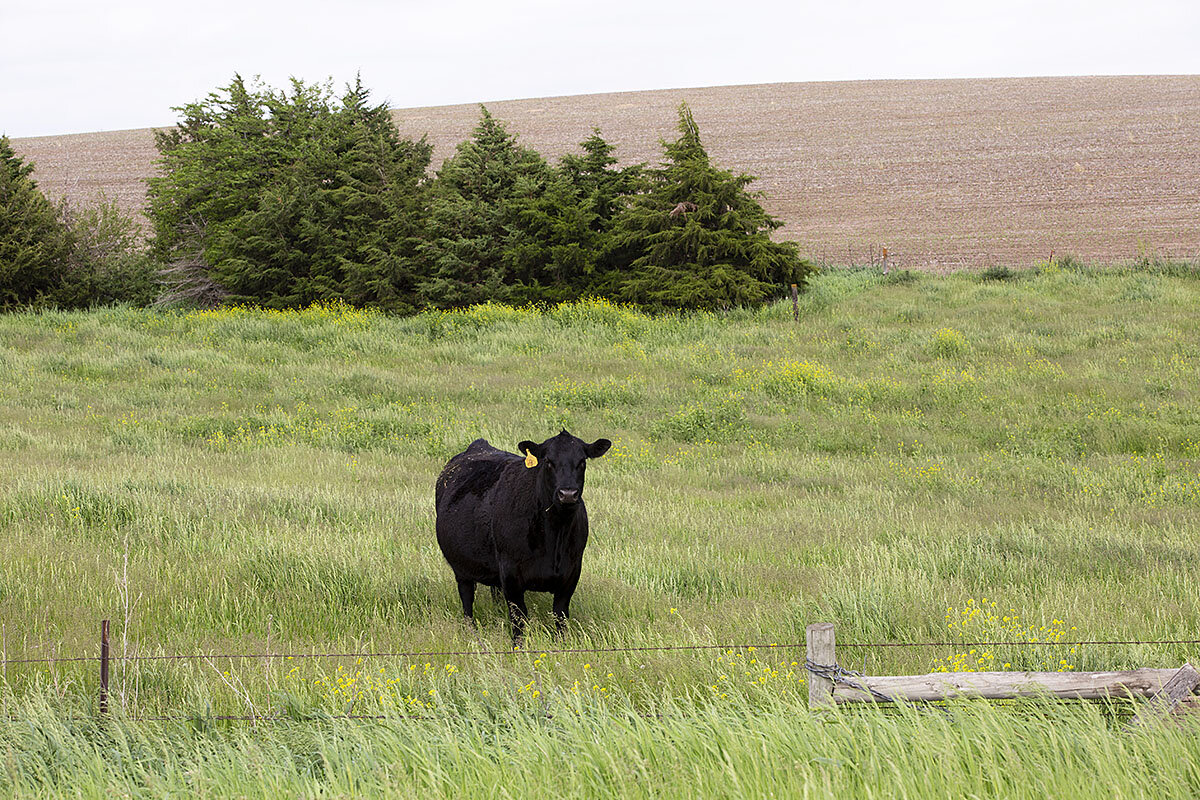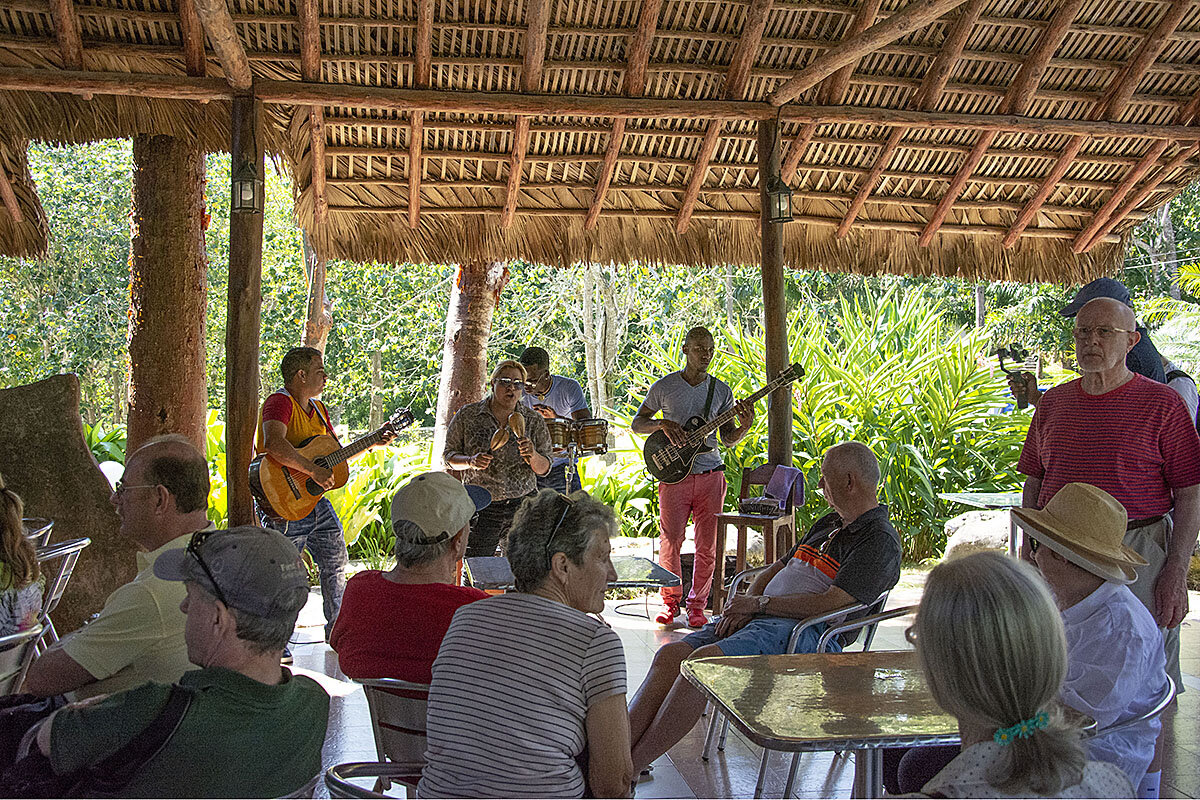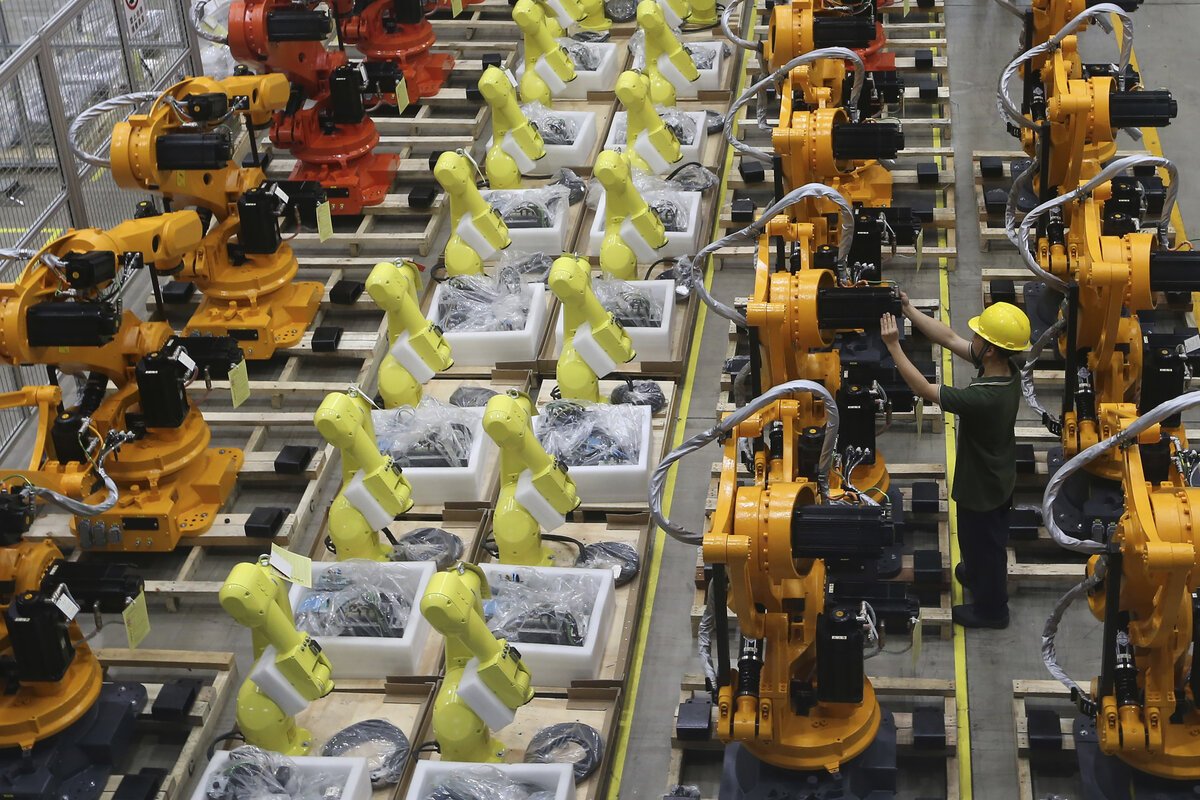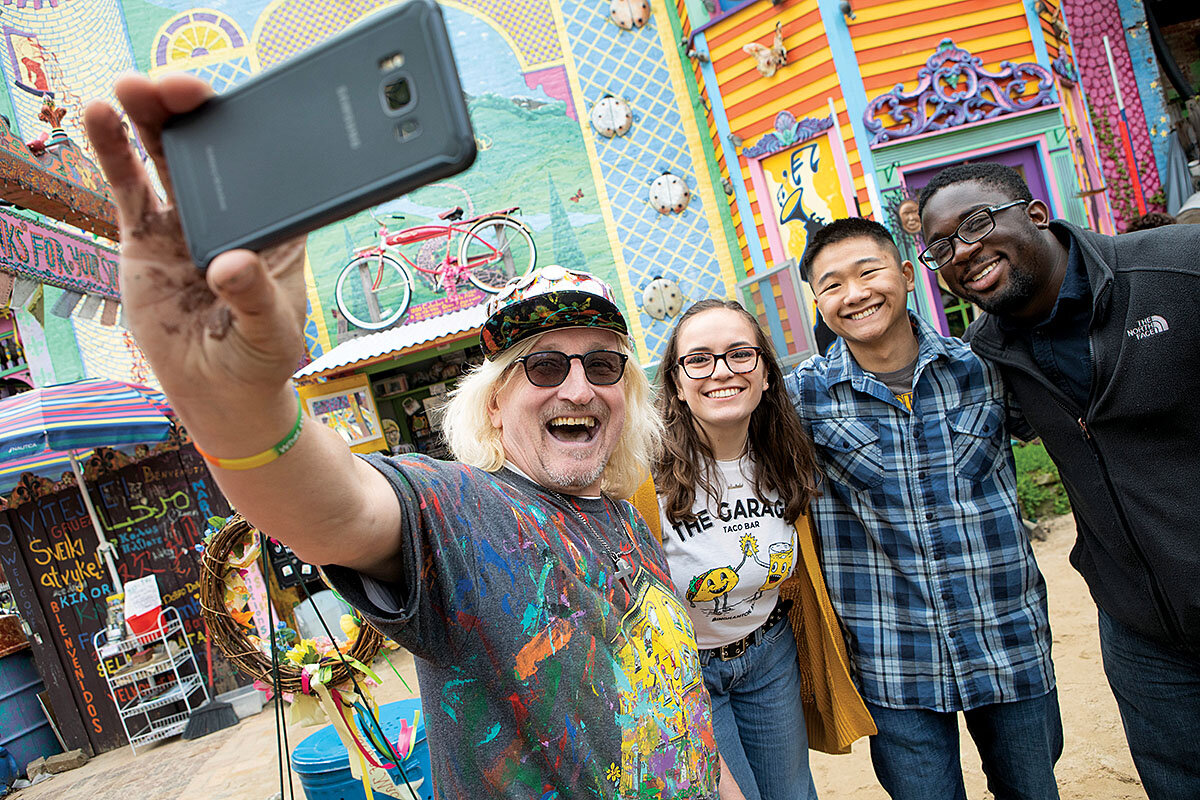Often agricultural and environmental interests can be at odds. On the northern Great Plains, though, ranchers increasingly find that restoring native grasslands can benefit cattle and wildlife alike.
Monitor Daily Podcast
- Follow us:
- Apple Podcasts
- Spotify
- RSS Feed
- Download
 Peter Grier
Peter Grier
“I’d take it.”
With those words President Donald Trump seemed to say he would accept foreign government help in his 2020 campaign.
Talking to ABC’s George Stephanopoulos, Mr. Trump said he’d be fine with receiving incriminating information on his opponent from Russia or another U.S. adversary. He wouldn’t report that to the FBI unless he decided there was “something wrong,” he said. On Friday, on “Fox & Friends,” he said he “absolutely” would report it, but only after he looked at the information first.
It’s illegal to accept an offer of something of value to a campaign from another country. Mr. Trump did not so much hold himself above the law as wave the law away. Probably every member of Congress has had meetings about foreign info, he said.
That’s highly unlikely. Candidates have long avoided association with foreign governments in the United States due to law, history, and strong national political norms.
Why are foreign contacts suspect? Because other countries have their own interests at heart, not America’s.
If they offer “help,” they want to influence U.S. actions for their own purposes. If a winning candidate keeps that aid secret, they end up with leverage over a person in a position of political trust.
Defending against such contacts thus protects the integrity of not just the government, but also every citizen’s vote.
“Democracy happens when people use a legitimate process to select leaders from among its citizens. If people from another country influence the selection of leaders, the sovereignty of the democracy is eroded,” tweeted George Mason University political scientist Jennifer Victor in response to Mr. Trump’s remarks.
Now to our five stories for today, which include a look at what role the humble cow might play in the push to save America’s grasslands, and a story on whether ecotourism has a place in Cuba’s economic future.










